Intro
Depression is a serious mental health disorder that affects millions of people worldwide, causing significant distress and impairment in daily life. It is essential to recognize the signs and symptoms of depression to provide timely and effective treatment. A depression screening test is a valuable tool in identifying individuals who may be at risk of developing depression or those who are already experiencing depressive symptoms. In this article, we will delve into the importance of depression screening tests, their benefits, and how they work.
Depression can manifest differently in various individuals, making it challenging to diagnose. Some people may experience mild symptoms, while others may have severe and debilitating symptoms. A depression screening test can help identify the early warning signs of depression, enabling individuals to seek professional help and prevent the condition from worsening. Moreover, depression screening tests can also help healthcare providers develop personalized treatment plans tailored to the individual's specific needs.
The prevalence of depression is a significant public health concern, and it is crucial to address this issue through early detection and intervention. Depression screening tests can be administered in various settings, including primary care clinics, hospitals, and community health centers. These tests can also be self-administered, allowing individuals to take the first step towards seeking help and support. By promoting depression screening tests, we can work towards reducing the stigma associated with mental health disorders and encouraging individuals to prioritize their mental wellbeing.
What is a Depression Screening Test?
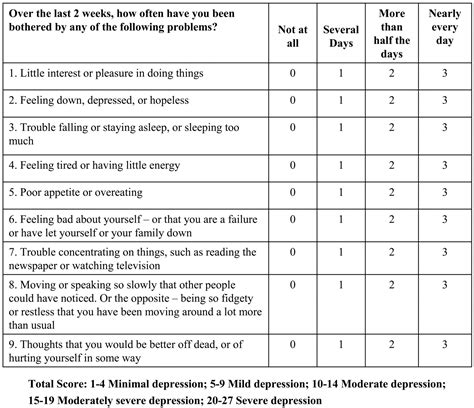
A depression screening test is a standardized tool used to assess an individual's risk of developing depression or to identify depressive symptoms. These tests typically consist of a series of questions that evaluate an individual's mood, cognitive function, and physical symptoms. Depression screening tests can be in the form of self-report questionnaires, clinical interviews, or online assessments. The results of these tests can help healthcare providers determine whether an individual is at risk of depression and develop a treatment plan accordingly.
Types of Depression Screening Tests
There are several types of depression screening tests available, each with its own strengths and limitations. Some of the most commonly used depression screening tests include: * Patient Health Questionnaire (PHQ-9): A 9-item self-report questionnaire that assesses depressive symptoms, such as low mood, loss of interest, and changes in appetite or sleep. * Beck Depression Inventory (BDI): A 21-item self-report questionnaire that evaluates the severity of depressive symptoms, including mood, cognitive function, and physical symptoms. * Hamilton Rating Scale for Depression (HAM-D): A clinician-administered rating scale that assesses the severity of depressive symptoms, including mood, anxiety, and physical symptoms.Benefits of Depression Screening Tests
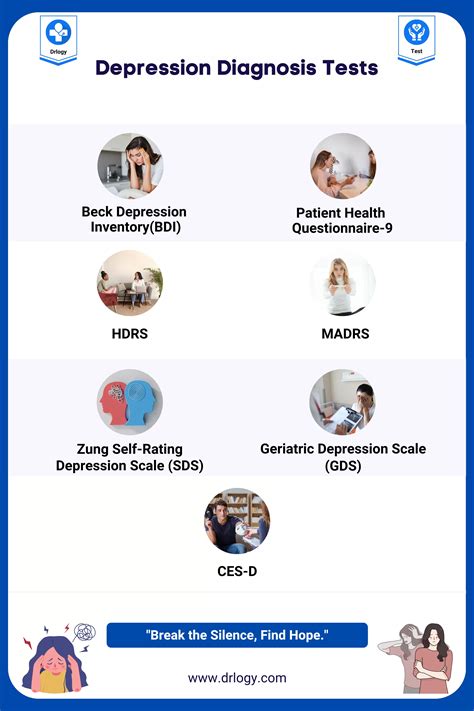
Depression screening tests offer several benefits, including:
- Early detection: Depression screening tests can help identify individuals who are at risk of developing depression or those who are already experiencing depressive symptoms.
- Personalized treatment: Depression screening tests can help healthcare providers develop personalized treatment plans tailored to the individual's specific needs.
- Improved outcomes: Early detection and treatment of depression can lead to improved outcomes, including reduced symptoms, improved quality of life, and increased productivity.
- Reduced stigma: Depression screening tests can help reduce the stigma associated with mental health disorders by promoting awareness and encouraging individuals to prioritize their mental wellbeing.
How Depression Screening Tests Work
Depression screening tests typically involve a series of questions that assess an individual's mood, cognitive function, and physical symptoms. These questions may include: * How often do you feel sad or empty? * Have you experienced a loss of interest in activities you once enjoyed? * Do you have difficulty sleeping or sleeping too much? * Have you experienced changes in appetite or weight? * Do you feel hopeless or helpless?The results of these questions are then scored and interpreted to determine the individual's risk of developing depression or the severity of depressive symptoms.
Importance of Depression Screening Tests
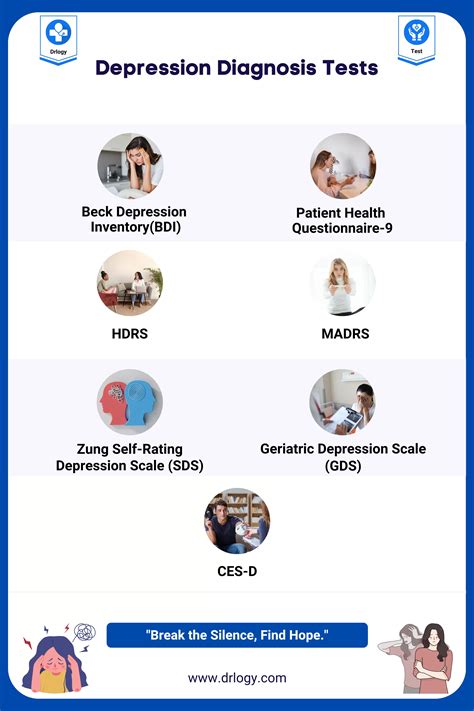
Depression screening tests are essential in identifying individuals who are at risk of developing depression or those who are already experiencing depressive symptoms. These tests can help healthcare providers develop personalized treatment plans tailored to the individual's specific needs. Moreover, depression screening tests can also help reduce the stigma associated with mental health disorders by promoting awareness and encouraging individuals to prioritize their mental wellbeing.
Who Should Take a Depression Screening Test?
Depression screening tests are recommended for individuals who: * Are experiencing symptoms of depression, such as low mood, loss of interest, or changes in appetite or sleep. * Have a family history of depression or other mental health disorders. * Have experienced a traumatic event, such as the loss of a loved one or a natural disaster. * Are taking medications that may increase the risk of depression, such as certain antidepressants or steroids.Limitations of Depression Screening Tests
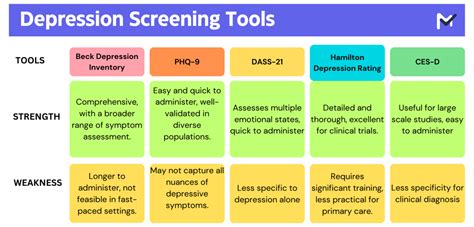
While depression screening tests are valuable tools in identifying individuals who are at risk of developing depression, they have several limitations. These limitations include:
- False positives: Depression screening tests may incorrectly identify individuals who are not at risk of developing depression.
- False negatives: Depression screening tests may fail to identify individuals who are at risk of developing depression.
- Cultural bias: Depression screening tests may be culturally biased, which can affect their accuracy and reliability.
Future Directions
Future research should focus on developing more accurate and reliable depression screening tests that can be used in diverse populations. Moreover, depression screening tests should be integrated into primary care settings to promote early detection and treatment of depression.Conclusion and Recommendations
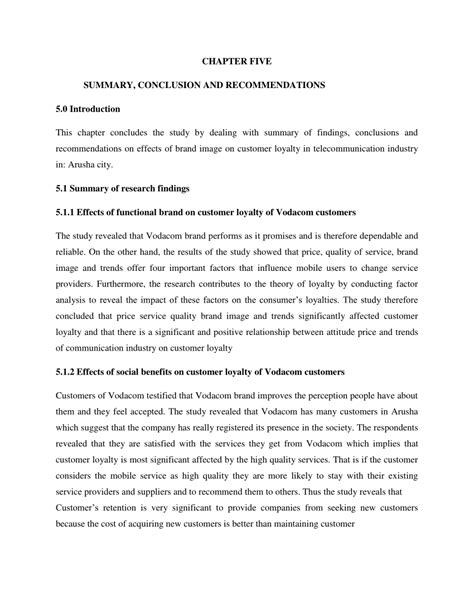
In conclusion, depression screening tests are essential tools in identifying individuals who are at risk of developing depression or those who are already experiencing depressive symptoms. These tests can help healthcare providers develop personalized treatment plans tailored to the individual's specific needs. Moreover, depression screening tests can also help reduce the stigma associated with mental health disorders by promoting awareness and encouraging individuals to prioritize their mental wellbeing. We recommend that individuals who are experiencing symptoms of depression or those who are at risk of developing depression take a depression screening test to determine their risk and develop a treatment plan accordingly.
What is a depression screening test?
+A depression screening test is a standardized tool used to assess an individual's risk of developing depression or to identify depressive symptoms.
Who should take a depression screening test?
+Depression screening tests are recommended for individuals who are experiencing symptoms of depression, have a family history of depression, or have experienced a traumatic event.
What are the benefits of depression screening tests?
+Depression screening tests offer several benefits, including early detection, personalized treatment, improved outcomes, and reduced stigma.
How do depression screening tests work?
+Depression screening tests typically involve a series of questions that assess an individual's mood, cognitive function, and physical symptoms.
What are the limitations of depression screening tests?
+Depression screening tests have several limitations, including false positives, false negatives, and cultural bias.
We invite you to share your thoughts and experiences with depression screening tests in the comments section below. Your feedback is valuable in promoting awareness and encouraging individuals to prioritize their mental wellbeing. If you or someone you know is experiencing symptoms of depression, please seek professional help and support.
